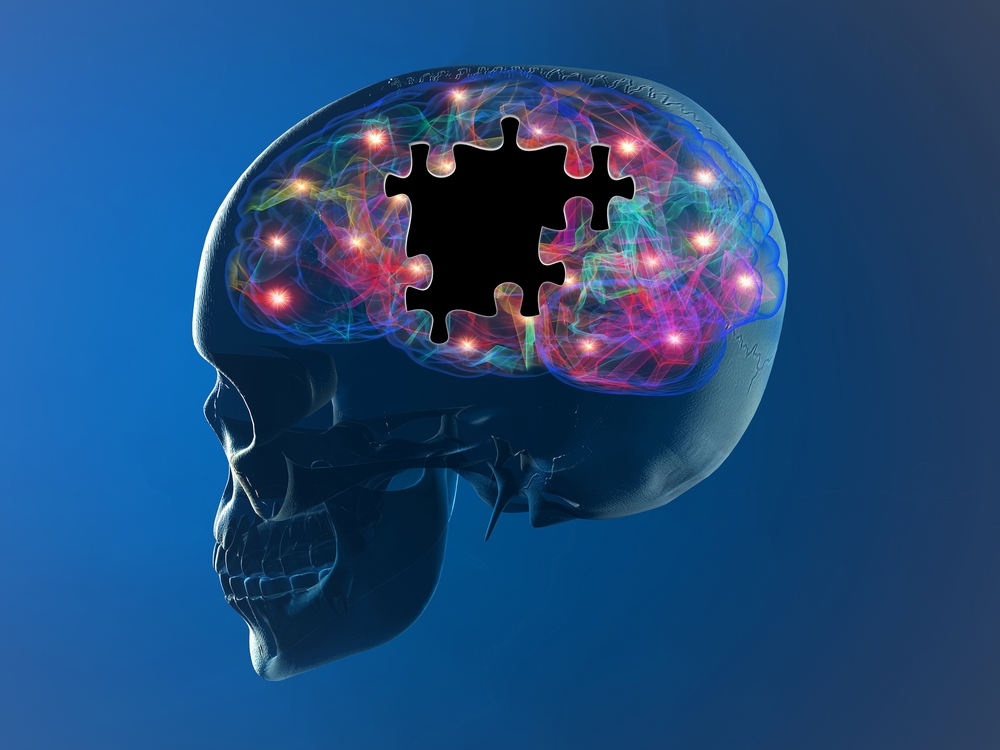BRACE Award Furthers Research into Faulty Cell ‘Recycling’ Process Tied to Huntington’s
Written by |

BRACE, a U.K. charity supporting dementia research, awarded more than £58,500 ($72,631) to a team of scientists investigating how a faulty “recycling” mechanism in neurons contributes to the onset of neurological diseases such as Huntington’s and Alzheimer’s.
The winning team at Plymouth University Peninsula Schools of Medicine and Dentistry (PUPSMD) is led by Shouqing Luo, an associate professor in clinical neurobiology.
Huntington’s is caused by mutations in the gene encoding the protein huntingtin (HTT) that, in turn, cause the mutated protein to lose its normal activity. This promotes neuronal loss and the disease’s clinical manifestations, such as cognitive deficits, motor deficiencies and involuntary movements.
Autophagy is a process by which cells “clean up” old or faulty components, recycling them to obtain energy to be used in other processes. It helps neurons rid themselves of mutated proteins and so prevent them from accumulating in toxic quantities, which is key. The abnormal accumulation of faulty proteins is a hallmark of diseases such as Huntington’s, Parkinson’s and Alzheimer’s.
Autophagy depends on “vehicles,” known as autophagosomes, to carry these toxic proteins to lysosomes for recycling, and to clear away autophagosomes that have finished their task.
Luo and his team have discovered that the accumulation of toxic proteins promotes the formation of autophagosomes, but damages the ability of lysosomes to work, so that autophagosomes carrying a collection of mutated proteins are not broken down, leaving behind what the researchers referred to as “futile autophagosomes.”
A growing mass of futile autophagosomes is also toxic to cells. The winning project now aims to investigate whether lowering their number might benefit neurons and increase neuronal survival in Huntington’s and Parkinson’s disease.
“Our cells have a neat process for removing what is no longer functional and recycling to create nutrition and energy for new cells, a process which is vital to our continuing good health,” Luo said in a news release. “In dementia diseases this recycling process doesn’t work as well — in general terms the recycling trucks still accumulate and pick up the waste, but the recycling centre is damaged so can’t deal with the waste or the truck, resulting in cell damage and potentially death.
“We are excited by this pilot study because it will bring important knowledge to the causes of dementia diseases, which in turn is likely to yield results that shed light on a drug discovery to deal with them.”


